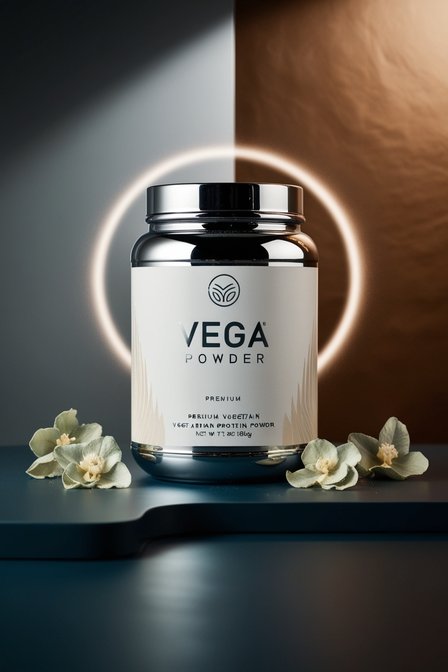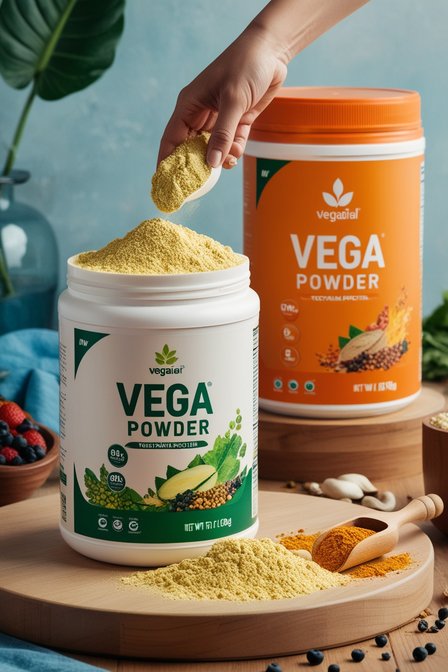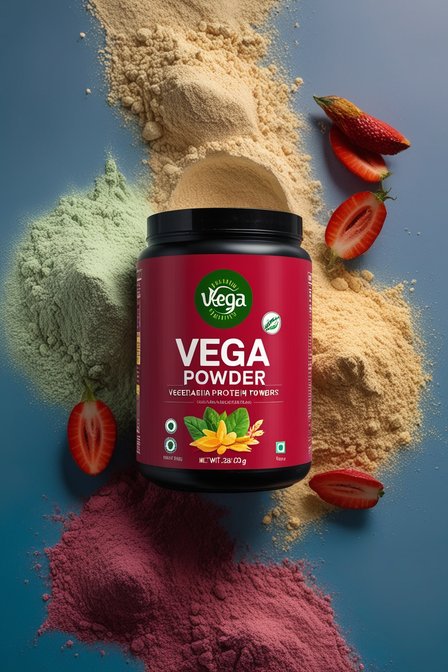High Protein Vegan Diet: The Ultimate Guide
Introduction to a High Protein Vegan Diet
A high protein vegan diet is an increasingly popular lifestyle choice for those who want to enjoy the benefits of plant-based nutrition while ensuring they meet their protein needs. This diet excludes all animal products, focusing instead on plant-based sources of protein. It is ideal for athletes, bodybuilders, or anyone seeking to maintain or build muscle mass on a vegan diet.
The Importance of Protein in a Vegan Diet
Protein is an essential macronutrient required for building muscle, repairing tissue, and producing enzymes and hormones. It also plays a critical role in weight management by promoting satiety. For vegans, getting enough protein can be a concern because plant-based proteins often contain lower levels of certain amino acids compared to animal proteins. However, with careful planning, a high protein vegan diet can provide all the necessary amino acids and nutrients.
Sources of Protein in a Vegan Diet
There are many excellent sources of protein available to vegans. These include legumes like lentils, chickpeas, and beans; grains such as quinoa and bulgur; nuts and seeds like chia, hemp, and flax seeds; and soy products including tofu, tempeh, and edamame. Additionally, vegetables such as broccoli, spinach, and Brussels sprouts contain significant amounts of protein.
Benefits of a High Protein Vegan Diet
A high protein vegan diet offers numerous health benefits. Firstly, it is rich in antioxidants, vitamins, and minerals, which can enhance overall health and protect against chronic diseases. Secondly, this diet is typically lower in saturated fats and cholesterol, which promotes heart health. Moreover, high protein intake helps in muscle building and recovery, making it ideal for those with active lifestyles.
Balancing Macronutrients
While focusing on protein intake, it is crucial to balance other macronutrients like carbohydrates and fats. Carbohydrates provide energy, while fats are essential for brain health and hormone production. Whole grains, fruits, and vegetables should be included to ensure a balanced diet. Healthy fats can be sourced from avocados, nuts, seeds, and plant oils.
Meal Planning and Preparation
Meal planning is vital for maintaining a high protein vegan diet. Preparing meals ahead of time ensures that you have nutritious options readily available. Incorporating a variety of protein sources in each meal helps meet protein requirements and prevents dietary monotony. For example, a typical meal might include a quinoa salad with chickpeas and a tofu stir-fry with vegetables.
Common Misconceptions
There are several misconceptions about vegan diets, particularly regarding protein intake. One common myth is that it is impossible to get enough protein on a vegan diet. However, many plant-based foods are high in protein and, when combined properly, can provide all essential amino acids. Another misconception is that plant proteins are inferior to animal proteins. While plant proteins may lack some amino acids, they can be easily combined to create complete proteins.
Nutritional Considerations
Ensuring adequate intake of certain nutrients is important on a high protein vegan diet. Vitamin B12, iron, calcium, omega-3 fatty acids, and vitamin D are nutrients that vegans need to pay attention to. Vitamin B12 is primarily found in animal products, so supplementation or fortified foods are necessary. Iron can be sourced from lentils, beans, and fortified cereals, but its absorption is enhanced when consumed with vitamin C-rich foods. Calcium is found in fortified plant milks and leafy greens, while omega-3 fatty acids are abundant in flax seeds and walnuts. Sun exposure or supplements can help maintain adequate vitamin D levels.
High Protein Vegan Recipes
Incorporating high protein recipes into your diet can make the transition smoother and more enjoyable. Some examples include lentil stew, tofu scramble, chickpea salad, tempeh stir-fry, and protein-packed smoothies with hemp or chia seeds. Experimenting with different recipes keeps the diet interesting and helps discover new favorite dishes.
The Role of Supplements
While it is possible to meet protein needs through diet alone, supplements can be a convenient addition, especially for those with higher protein requirements. Vegan protein powders made from peas, rice, or hemp can be added to smoothies, oatmeal, or baked goods. Amino acid supplements, particularly BCAAs, can also support muscle recovery and growth.
Fitness and a High Protein Vegan Diet
A high protein vegan diet supports fitness goals by providing the necessary nutrients for muscle growth and recovery. Combining this diet with regular strength training can lead to improved muscle mass and strength. It is important to consume protein-rich foods or supplements around workout times to maximize muscle protein synthesis.
Environmental and Ethical Benefits
Choosing a high protein vegan diet also benefits the environment and aligns with ethical considerations. Plant-based diets generally have a lower carbon footprint compared to diets rich in animal products. Reducing animal product consumption supports animal welfare and helps combat issues related to factory farming.
Overcoming Challenges
Transitioning to a high protein vegan diet can come with challenges, such as finding suitable protein sources and managing nutrient intake. Planning, education, and seeking support from a dietitian or nutritionist can help overcome these obstacles. Gradually introducing new foods and recipes makes the transition easier and more sustainable.
Long-term Sustainability
Sustainability is a key factor in the success of any diet. A high protein vegan diet can be maintained long-term with proper planning and variety. It is important to regularly review and adjust dietary intake to meet changing nutritional needs and goals. Engaging with the vegan community and staying informed about new products and research can provide motivation and support.
Conclusion
A high protein vegan diet is a viable and beneficial option for those looking to combine the benefits of plant-based eating with the nutritional needs of an active lifestyle. By carefully selecting protein sources, balancing macronutrients, and paying attention to specific nutrient needs, it is possible to thrive on this diet. Whether motivated by health, environmental concerns, or ethical reasons, a high protein vegan diet can be a fulfilling and sustainable lifestyle choice.




